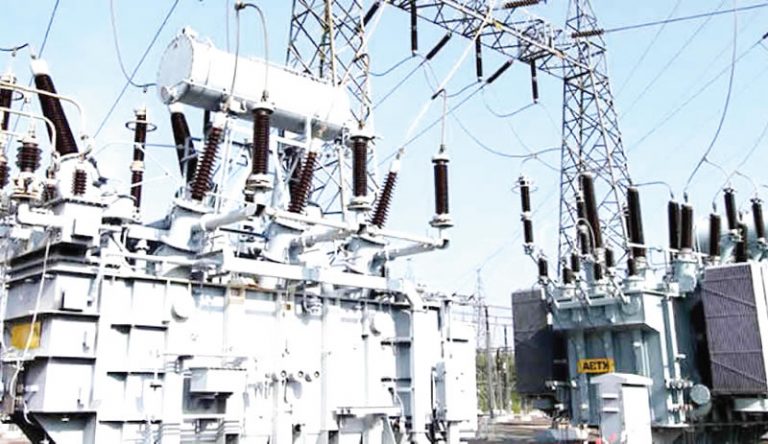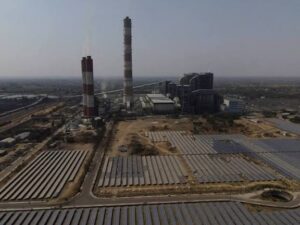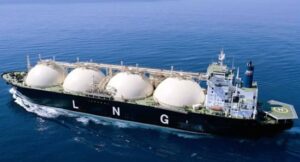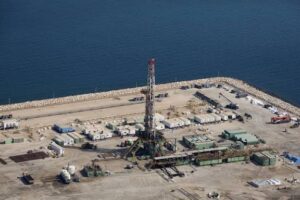The Association of Nigerian Electricity Distributors (ANED) has raised alarm over Nigeria’s low power generation output, describing it as a national embarrassment given the country’s vast gas resources and population size.
Speaking during a recent retreat by the Senate Committee on Power in Uyo, Akwa Ibom, ANED’s Executive Director of Research and Advocacy, Sunday Oduntan, expressed frustration that Nigeria, with a population of over 200 million and massive gas reserves, still produces an average of just 5,500 megawatts of electricity.
“It is sad that a country of about 237.5 million people and the sixth largest oil-producing country in the world with a significant gas reserve that can last 100 years; yet the nation is still generating an average of 5,500MW (from two sources),” Oduntan said in a document shared with journalists.
In comparison, he noted that South Africa, with a population of just 64.7 million and fewer natural resources, generates about 52,000MW of electricity from six different sources, with a winter peak demand of 27,000MW.
Highlighting how poor planning and execution have crippled Nigeria’s power sector, Oduntan pointed out that the 3,050MW Mambilla hydropower plant — awarded in 1982 at $5.8 billion — still has no official completion percentage more than four decades later.
Meanwhile, Ethiopia has nearly completed the Grand Renaissance Dam, which began in 2010 and is projected to produce 6,450MW. “The project cost $4.8 billion and is now 97.6 per cent complete,” Oduntan stated.
He warned that without stable power, Nigeria’s development will remain stunted. “Without resolving the issue of power, Nigeria will remain underdeveloped, with no major industrial or agricultural development. Many artisans will remain Okada riders without stable electricity,” he added.
Oduntan also called on leaders to stop making political statements and instead implement “clear-cut programmes and policies that can put the nation first.”
He outlined key challenges affecting the sector, including low generation capacity, weak and ageing infrastructure, regulatory inconsistencies, poor maintenance, funding difficulties, and lack of coordination among stakeholders.
Despite an installed capacity of 13,000MW, Oduntan said actual output often dips below 5,000MW due to poor gas supply, inadequate maintenance, and transmission bottlenecks. He also lamented that over 85 million Nigerians — roughly 43 per cent of the population — still lack access to grid electricity.
Oduntan concluded that unless urgent and coordinated reforms are made, the country will continue to struggle with electricity access, which he described as the backbone of national development.









